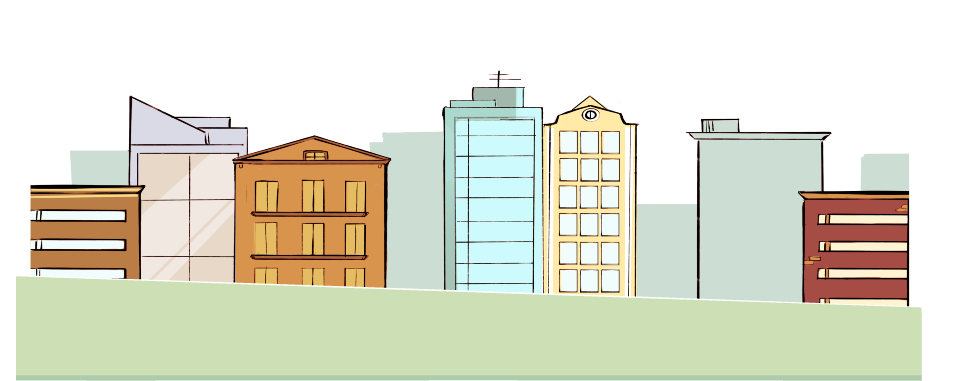Affordable, Accessible Housing for People with Intellectual or Developmental Disabilities: Start with What People Want
Sep 30, 2021
By: Nicole Jorwic, J.D., Senior Director of Public Policy, The Arc of the United States
People with disabilities have a right to live in their own homes in their communities but exercising that right can be difficult. People with disabilities have faced a history of discrimination when it comes to access to housing and inclusion in their communities. The Arc’s position statement on housing outlines the issue very clearly: “People with [intellectual or developmental disabilities] IDD face a housing crisis with many contributing factors, such as a serious lack of safe, affordable, accessible and integrated housing, and significant housing-related discrimination. Outmoded public policy and programs which unnecessarily segregate people with IDD, as well as lack of coordination among funding systems, also pose major barriers.”
To solve the issues in the existing system, it is important to understand what people with IDD want. They want the ability to control where and with whom they live, the choice of how they spend their time, and the choice to decide what supports are needed. The Arc and the Council on Quality and Leadership (CQL) released a Housing Report in 2019 that made clear that people with IDD need and want more options to live independently in their communities – equal access to affordable and accessible public housing can help fill that need.
The report findings also make clear that there needs to be more coordination and outreach among the housing and IDD service systems, including Medicaid-funded home and community-based services (HCBS) that often fund the residential supports needed for successful independent living. Some people with IDD might need more support than the typical applicant for public housing benefits, and unfortunately those who work to provide housing supports are not typically trained or knowledgeable about how to provide supports specifically to meet the needs of people with disabilities. Similarly, staff who work to provide Medicaid HCBS don’t have knowledge of the housing supports and funding that may be available. There must be more training for those working in state housing programs, and collaboration between housing and developmental disabilities agencies. This coordination would help people with IDD navigate the housing eligibility and application process, something that can seem daunting to most. People with IDD and their family members left to figure it out on their own may give up and continue with the status quo because it can seem like an impossible process. To provide equal access to affordable housing opportunities for people with IDD, more must be done to support the housing and developmental disabilities systems, including increasing funding for more housing and training and coordination to make both systems’ programs easier to navigate.
